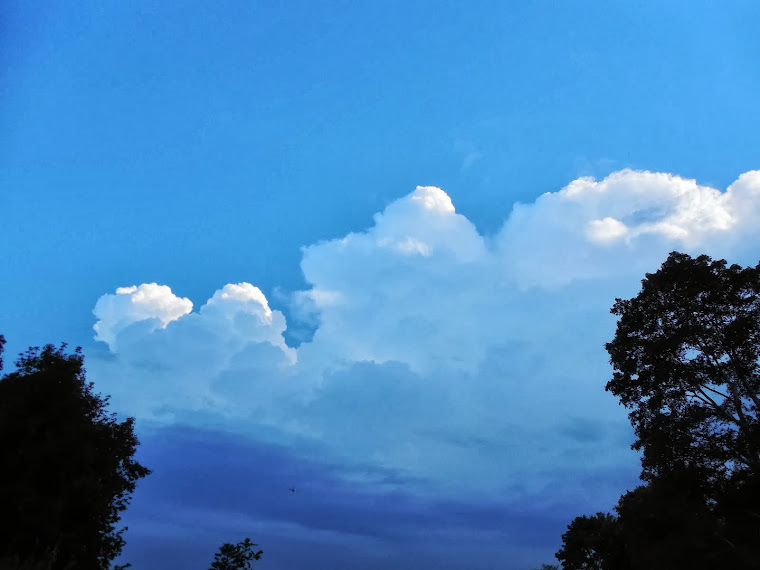Darwin posits that the dna of life on earth mutates, either to the detriment or progression of said life. Some changes usher in a full bloom of population while other mutations fizzle a species entirely out of existence.
I just visited an amazing site: darwintunes.org whereby they apply a mutation formula to create future generations of music, specifically bars of musical notes. What a dazzling way to explain the subtle changes of a mutation, amplified over time, to create unimaginable songbooks.
Here in our garden -- or anyone's garden really -- changes in each growing season provide ample lessons in the myriad factors of success or failure. Last summer, we were awash in strawberries, alledgedly finicky fennel and spiders. The year before yielded bumper crops of shallots, beans, cukes. And always, we grow the most enormous but still succulent butternut squash.
So far, the early celebrities in our patches include the entire herb garden which has assumed a hybrid wild and manicured look the bees will visit well into fall. The lemon balm has hopscotched all over, as has the camomile, but still these greedy growers have left room for the oregano, tarragon, sage and equally bustling bee balm and low growing thymes.
The strawberries are about to burst. Two rows of varying type, both perfect...waiting for more heat before they blush into morsels of intense sweetness.
A white clematis has claimed one of the garden gates, as never before. And the Jane Garden has taken on a whole new look after five years....rife with color and texture only imagined during the darkness of January.
There are always suprises. A lovely rose has moved in with the varigated hosta out front. The hosta holds out its broad leaves, like a welcome lap, under the canopy of the exuberant branch of thorn and bud.
A volunteer narcissus bloomed among our hill of mint, outlasting the group of narcissus in the front spring garden where it really belonged, boldly defying its required light and space requirements. A rose bush my father gave me five years ago when we moved here was placed under the shade of a large maple along the fence and in one of the wettest areas on the property. All quite incorrect growing conditions for a rose. Yet it has tripled in size, throwing dozens of blooms in summer and fall, appearing impervious to any of the many molds, fungi, mites and other maladies.
These stubborn plants bolster any flagging mood the gardener may have. Such as years of tending a perfectly sited shade area for myrtle which grows only marginally, year after year, even with reinforcements. Or the half dozen apple trees that died, introduced into a soil too wet to let them grow, but welcoming to plum and pear trees. All apple trees now go on the barn side of the house! Or the first tree we planted -- an Ohio Pioneer Elm, which did well but is now only leafed on the lower third and is becoming root strangled.
A garden is such a visceral metaphor for the order and chaos, the lovely surprise and disappointment of life. The best bets are always the unexpected, vigorous renegades.

No comments:
Post a Comment